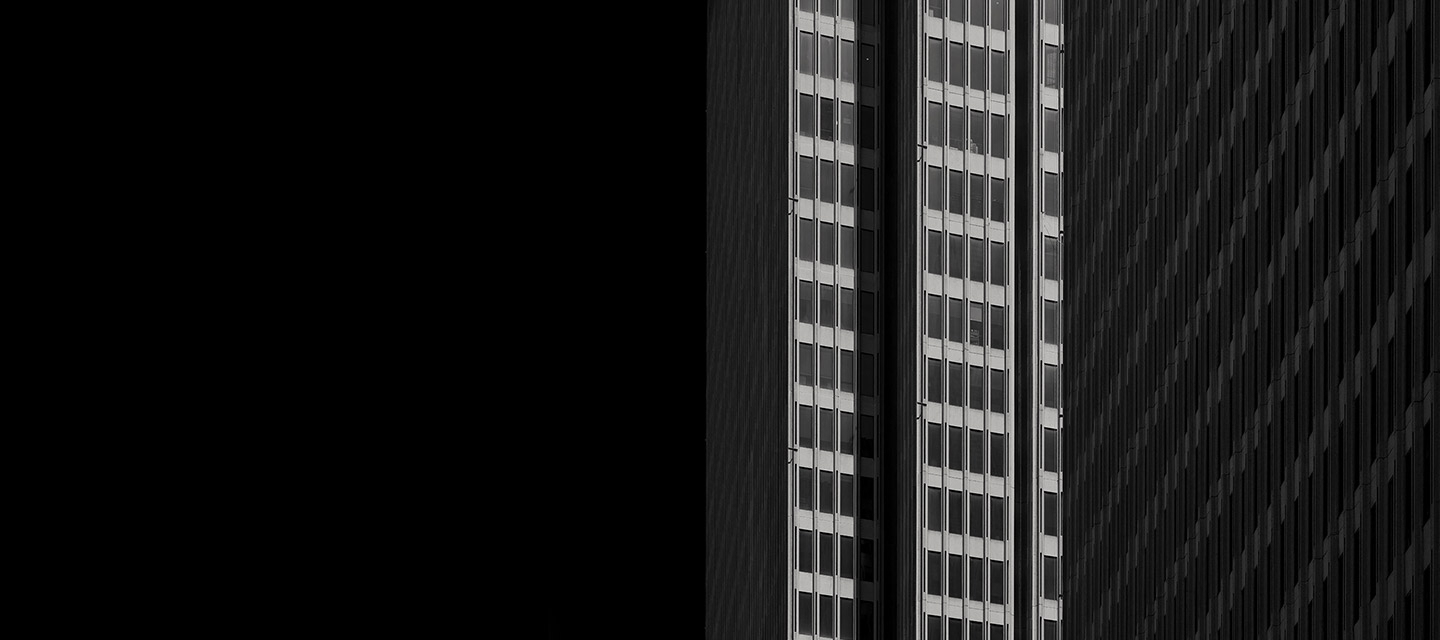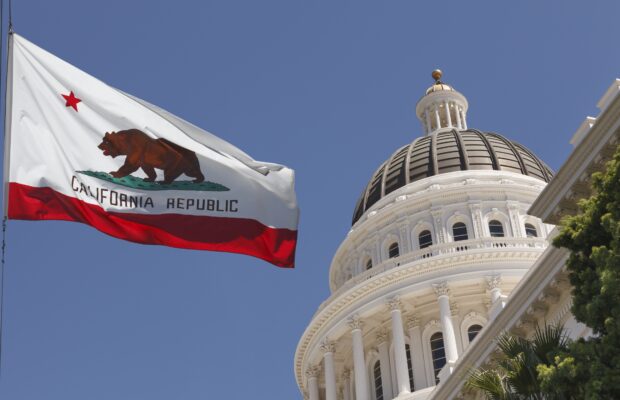We last reported on the Unfamiliar Terrain blog that California Governor Gavin Newsom banned the enforcement of residential evictions against qualified California tenants who fail to pay rent. Less than two weeks later, on April 6, the California Judicial Council substantially expanded statewide tenant protections and eliminated the qualifications for protection. With the Council’s action, residential and commercial tenant eviction lawsuits cannot be initiated during the state of emergency and for 90 days after, regardless of the cause and regardless of the financial condition of the tenant. Eviction actions already in process will be postponed by at least 60 days. The only exceptions are evictions that are necessary for the public health or safety.
Governor Newsom’s March 27 Executive Order N-38-20 granted authority to the Council and its Chairperson to issue emergency orders or statewide rules to maintain the safe and orderly operation of the courts in response to the COVID-19 pandemic. The Council’s sweeping action relies on the March 27 Executive Order, amending the California Rules of Court to address overwhelmed caseloads and calendars during the COVID-19 pandemic. The Council’s amended rules relating to eviction lawsuits and foreclosure actions are summarized below.
Residential and Commercial Eviction Lawsuits Postponed
For the period of the state of emergency and for 90 days thereafter:
- State courts are prohibited from issuing an unlawful detainer summons, which is the document required to initiate an eviction lawsuit, unless the court finds the action necessary to protect the health and safety of the public. This rule temporarily prevents any new eviction actions, other than for the public health and safety exception.
- State courts may not enter a default or default judgment against a defendant for failure to appear, unless the court finds action necessary to protect public health and safety and the defendant has not appeared in the action within the time provided by law.
- If a defendant has appeared in an eviction action, trial dates must be set at least 60 days after a request for trial is made (instead of the statutory 20 days), unless the court finds that an earlier trial date is necessary to protect the health and safety of the public.
- Any eviction trial date already set as of April 6, 2020 must be continued at least 60 days from the initial trial date.
As it is very unlikely that the state of emergency will be lifted before April 30, no new eviction lawsuits may be initiated statewide through, at a minimum, July (other than for the public health and safety exception). The rules do not provide guidance on what might qualify under the public health and safety exception.
The Council’s rules result in broader limitations on eviction actions than earlier State orders and most local ordinances. Where a local ordinance provides greater or additional protections to tenants, those protections will continue to be available.
Judicial Foreclosure Actions Stayed
The Council’s emergency rules also provide that all actions for judicial foreclosure are stayed during the state of emergency and for 90 days after, unless the court finds that action is required to further the public health and safety. The statute of limitations for filing foreclosure actions is tolled for the same period of time.
The Coblentz Real Estate team and authors of our real estate and land use blog, Unfamiliar Terrain, will continue to monitor these developments. Visit our COVID-19 Business Resource Center for additional information, or contact Real Estate attorneys Tay Via at tvia@coblentzlaw.com or Caitlin Connell at cconnell@coblentzlaw.com.



